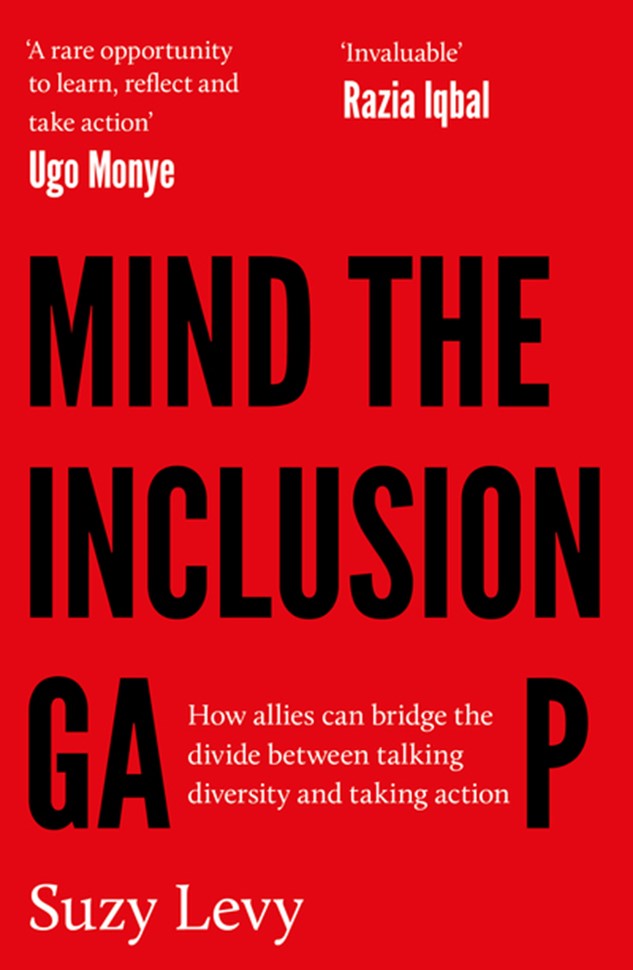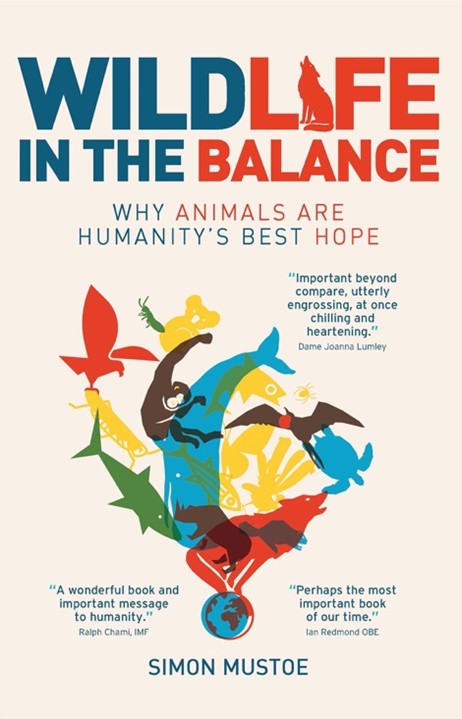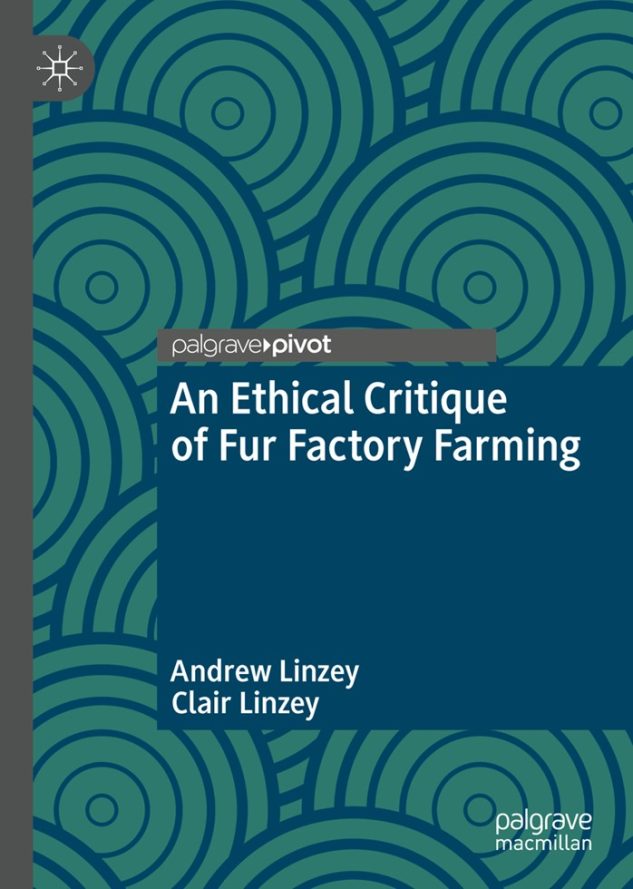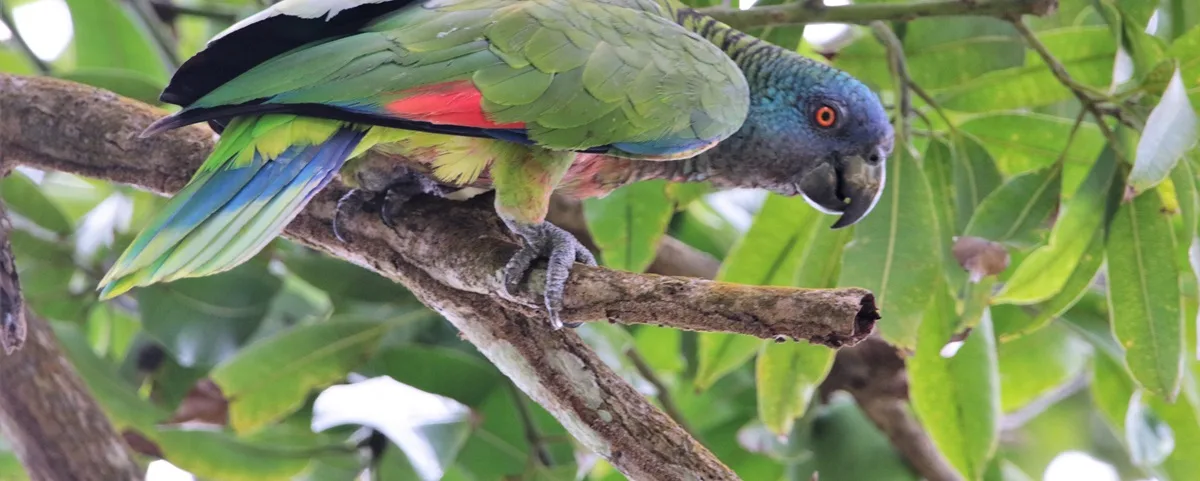I am a self-confessed book warm. I read everything, from comics and thrillers to science-fiction, biographies, history, science and even books on mathematics and philosophy. The avidity with which I read though poses a problem when I go on holiday, that of my suitcase being half filled with books. For this reason, and despite my love of paper, I use e-readers when travelling.
My latest and favourite is the Kobo Elipsa 2E, which comes with a highlighter/pen (Kobo Stylus 2) so you can make notes on the screen. This, to me, is a game-changer since I always highlight passages and make notes in the books I read. But not only that, but I can also use it to review PDFs and export them wherever I want, as it comes with integrated cloud services. Equipped with a variety of notebook templates, folders and even a search tool for handwritten comments, it makes finding them afterwards even easier than if you dog-eared a page. And… the absolute best: it converts handwriting to typed text! At night, no eyestrain at all thanks to its glare-free E-Ink technology and ComfortLight PRO, which helps you adjust the brightness and reduce blue light.
The Kobo Stylus 2 also plays Audiobooks. You just need to connect it to your wireless headphones, speaker, or car stereo via Bluetooth. For more details or to purchase one, visit HERE.
Equipped with my new Kobo, I can read to my heart’s content, lying on a sun lounger with my headphones on, so people leave me alone. Sometimes I read light stuff, some others, I prefer to dive into books that will make my brain juices going. This summer I am going for the latter. Below, are the five I have enjoyed the most so far and which I wholeheartedly recommend you read.
THE BECKET LIST VOLUME II, Even More First World Problems
The “lightest” of my selection, the second instalment of The Becket List (read our review HERE) is as funny as the first one, if not more. The combination of Tony Husband’s cartoons and Henry Becket’s commentary makes for an irresistible read that will see you nodding and laughing at almost every page. Becket’s “in-depth” analysis of all the stupid and absurd stuff that surrounds our 21st-century lives is as accurate as it is irreverent. Basically, he is putting in writing what 99 percent of us think but can’t be bothered to express, because we have given up on fighting for common sense, good manners and high standards.
“It is the profoundly irritating, utterly unnoteworthy stuff of daily life that more than anything eats into your soul…”
– Henry Becket

I dare you not to laugh at Becket’s take on Apple, the packaging of things bought online, Mamils (I personally believe that no woman will ever have sex with a man they have seen wearing lycra and cycling shoes, and if you find one who does, she is probably a serial killer, beware), or those who remove their shoes on a plane. You can buy it as an e-book from the Kobo store HERE or on paper from Waterstones HERE.
THIS IS NOT ABOUT YOU, A Menmoir
As the title indicates, one could say this is a journal describing Rosemary Mac Cabe’s experiences with men in her first 40 years on the planet. Each chapter is dedicated to a man, starting with her first crush – when she was five – all the way to her husband in a journey aimed at finding who she really is.
“Focus more on yourself. Ask what it is that you want. Ask wo it is that you would be, if you were given the freedom to decide.”
– Rosemary Mac Cabe

Although at first, it could seem like a cruel revenge on the men that have hurt Mac Cabe over the years, the reality is that the book is humorous and honest, and I am convinced you’ll find yourself nodding and/or smiling to yourself as you read about events and situations that you have lived yourself. Mac Cabe also touches on deeper issues related to discrimination, low self-esteem and abuse in relationships. Available to purchase as an e-book or on paper from the publisher, Unbound, HERE.
MIND THE INCLUSION GAP
Despite being one of the most important, painful and pressing issues of our time, the truth is that most of us mean well but struggle to comprehend the many layers of inclusion and diversity, so in general, we do our best to be nice and not get into trouble. Suzy Levy, the author of Mind the Inclusion Gap, helps us navigate these turbulent waters in order to understand the issues around inclusion and diversity and furthermore, to realise how we can become agents for positive change.
“Most of us are curious about diversity, and some would go so far as to call ourselves allies, but very few of us are skilled at inclusion.”
– Suzy Levy

In her book, Levy starts from the point of view that things are not black and white, but all shades of grey. She starts by stating some embarrassing facts, such as that, despite women accounting for 49 percent of the human population, there are only eight percent female CEOs in a Fortune 500 company; or the estimate by the World Bank that there are only six countries in the world where women hold 100 percent of the same fundamental rights than men do; or that in the FTSE 100, 11 companies still have all-white boards and only three percent of the top three roles are occupied by a person from an ethnic minority.
Mind the Inclusion Gap analysis the roots of discrimination in our society in all its forms, as well as the influence of religion and social norms. Through the different chapters, Levy dissects the problems and encourages every one of us to take active action and stop being just “nice”. She also takes the time to see things “from the other side”, and advocates for sensible debate, allyship and using our sphere of influence – as large or as small as it may be – to drive and lead others onto the journey of positive change. Mind the Inclusion Gap is available as an e-book from the Kobo store HERE and on paper from the publisher, Unbound, HERE.
WILDLIFE IN THE BALANCE, Why Animals Are Humanity’s Best Hope
As Dame Joanna Lumley points out, “Reading this book may change your mind about almost everything.” This is because Wildlife In The Balance reveals how important wild animals are to the welfare of our planet, and how we can’t effectively combat climate change if their numbers and diversity are maimed. Earth has lost two-thirds of its wildlife in the last 50 years. Author and ecologist Simon Mustoe has thoroughly researched the overlooked role of wildlife in keeping at bay the imminent threat of climate and biodiversity disaster that Earth is currently experiencing.
“We’d be better off to change our relationship with them [animals] from one of domination to one of cooperation before it’s too late.”
– Simon Mustoe

In the book, Mustoe explains why we need animals to rebalance our de-stabilised planet, and how they are at the heart of the solution we need to survive. Ceasing to use fossil fuels and planting millions of trees is not enough, we need all kinds of animals to repopulate their natural environments to prevent entropy – and its ally chaos – from taking over.
Mustoe also introduces the ground-breaking idea that we need to treat animals equally, rather than insist on dominating them as if they were here just to be of use to us. Think about gender equality and now apply it to animals. If we start doing that, we still have a chance to “rebuild a world rich with a diversity of vibrant and abundant wildlife”.
I have found this book cathartic and utterly engaging. So much so, that I am determined to speak to Simo Mustoe at length and help in whatever way I can to spread his message. I love the end of his book when he suggests that when our sun finally dies in around five billion years in a magnificent supernova explosion, our planet will disintegrate and bits of it will spread all over the universe, maybe contributing to the formation of another solar system, and the process may start all over again. How is that an immortality concept?
Wildlife In The Balance is available as an e-book from the Kobo store HERE and on paper from the author’s website, simonmustoe.blog, HERE.
AN ETHICAL CRITIQUE OF FUR FACTORY FARMING
The fur trade is a multimillion-pound industry worldwide. It is estimated that over 100 million animals are killed in fur farms every year to feed the demand. Animals farmed for their fur include mink, foxes, racoon dogs, rabbits, and chinchillas.
Written by Directors of the Oxford Centre for Animal Ethics, Prof Andrew Linzey and Dr Clair Linzey, An Ethical Critique of Fur Factory Farming exposes facts about fur farming that will freeze the blood in your veins. Purdue University ethicist, Professor Mark Bernstein describes this book/ report as providing an “unanswerable” case against fur factory farming. He continues that “Anyone even remotely thinking about buying fur, needs first to read this book.”
Andrew and Clair Linzey argue that, from any ethical perspective that takes animal suffering seriously, fur factory farming fails basic moral tests.

Prof Linzey and Dr Linzey present all the arguments for pro-fur farming and those against it. Believe me, the data and evidence they present here are horrifying and difficult to challenge or question. The book also shows how short the Welfur system falls off its aim. Welfur is an initiative funded by the fur industry, which claims to ensure a high level of animal welfare on fur farms. However, numerous scientific reports demonstrate that WelFur is not able to address the serious animal welfare problems inherent in fur production (source: Fur Free Alliance).
Welfur considers it appropriate the keeping animals in small cages, and this study found that it doesn’t care either about the harm inflicted, which results in unhealed injuries, half tails missing, fur-chewing, severely bent feet, self-harming and psychological stress. The study also found that factory fur farms make it impossible for these animals to express normal behaviour. Basically, they live their lives in absolute misery.
Fur factories are simply inhumane and should be banned worldwide. They are prohibited in countries such as Austria, Belgium, Croatia, Czech Republic, the Netherlands, and the United Kingdom, but they are still legal in the United States, Canada, Russia and China; and in many countries, such as Spain, Germany and Japan, they are only partially banned or controlled by stricter legislation.
An Ethical Critique of Fur Factory Farming is published by Palgrave Macmillan and can be purchased as an e-book from the Kobo store HERE and on paper from Springer Link, HERE.
Words: Julia Pasarón














Show Comments +